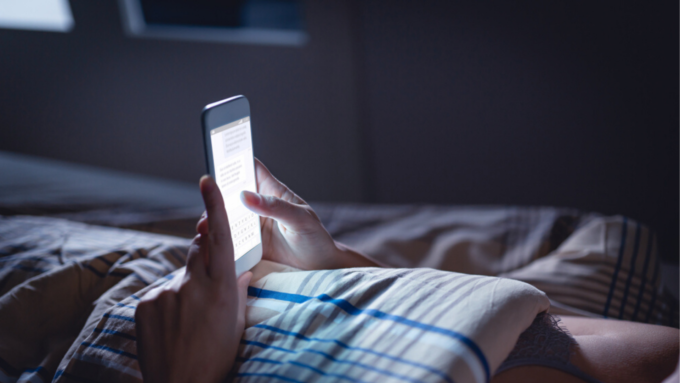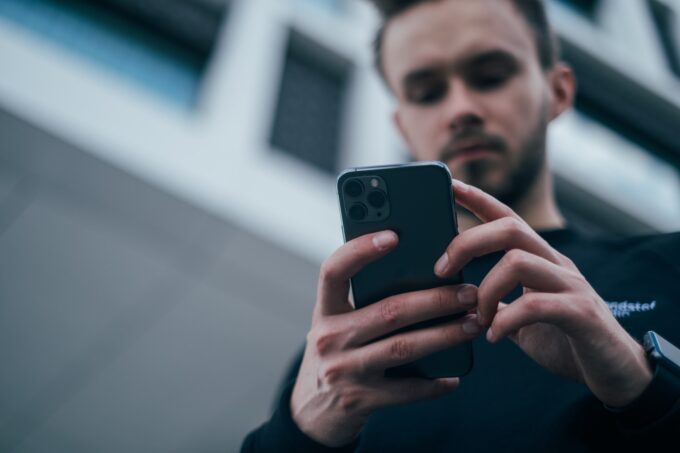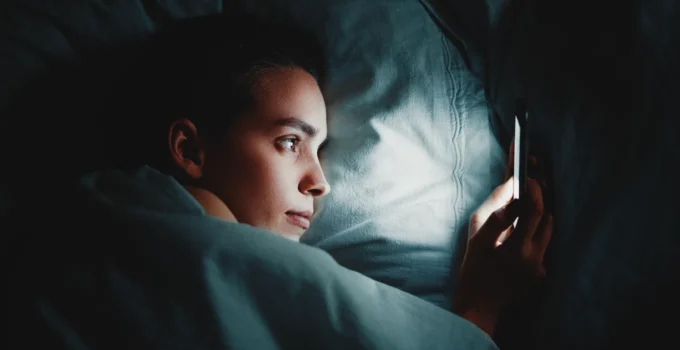Screen use has become ubiquitous. From the toddler in a cart at the grocery store to the grandmother sitting across from you at the dinner table, screens are everywhere. Even billboards have taken up the siren’s call of the screen, and developed a means of delivering screen time as you drive down the road. What is less well-known than the ubiquity of screen time is the effect of screen time on mental health and concentration—and how screens impact those with existing impulsivity concerns. For both, management of screen time and use is of the utmost importance.
The Origins of Impulsivity

Source: behaviorist.biz
Impulsivity can be linked to numerous things, among them mental or cognitive disorders that negatively impact executive function and make impulsive behavior a practical necessity, such as ADHD. Learn more about these types of disorders to determine how they might interact with impulsivity. The word itself can be difficult to define, though a running definition of impulsivity includes behavior characterized by limited foresight, delayed gratification intolerance, rapid responses, and little to no recognition of consequences. Impulsivity has been evaluated in children, adolescents, and adults alike, all with similar conclusions: impulsive behavior can be enormously beneficial and enormously problematic. While impulsive behavior can be at the root of a heroic action such as running into a burning building to save someone’s life, it can also be at the root of chronic theft.
The origins of the impulsivity in question are going to inform the approach you take to managing screen time and tackling existing impulsivity. Childhood-derived impulsive behaviors may mean taking a more drastic approach, and avoiding screens as a matter of habit. Adult-derived impulsive behavior may require setting careful boundaries around the use of screen time and regular self check-ins to make sure that those boundaries are being consistently upheld. Although you may not have all of the answers regarding your impulsive behavior and its root causes, having even a general idea of the root of the behavior can help more effectively develop a screen management technique.
Screens and Impulses

Source: f45challenge.com
Viewing screens can almost function as a compulsive behavior. People can compulsively view screens just before bed, in order to get to sleep. People can turn to screens the moment they are bored or have a moment of free time. People can even use screens as a source of comforting background noise while they work, complete household tasks, or engage in hobbies that involve handiwork. The compulsive nature of screen use can coincide with impulsivity; people with impulsivity issues might feel the impulse to turn to screens when it is not appropriate to do so.
Someone who impulsively looks at screens may use a phone, tablet, or computer an inappropriate times, such as during work or school hours. They may also use those screens in ways that are not suited to the situation, as might be the case when someone loudly watches a video while in a quiet public place, such as a coffee shop or library. Impulsivity, compulsivity, and screens are not always linked, but they can share similar and intertwined relationships.
Managing Impulsivity and Screen Time

Source: unsplash.com
Impulsively using screens can be problematic. If you hop onto a screen when you should be engaging in a work task, you may experience significant fall out in the form of disciplinary action at work, or even the loss of your job. If you pull out a screen while out with a friend or while with a romantic partner, you might find yourself experiencing discontent in your relationships. To help manage impulsivity and screen time, practice these simple habits:
- Set a timer. While it may seem strange to set a timer for yourself, the way you might set one for a toddler, some of the after-effects of impulsivity can be curbed by turning on a timer and limiting your exposure.
- Reach for something else, instead. If you find yourself reaching for your phone, computer, or tablet, quickly divert your attention elsewhere. Grab the book beside it, or stand up and walk away from the device altogether.
- Opt for accountability. Accountability partners can help keep an eye on screen time and its impulsive use to help manage and ultimately limit the amount of time spent in front of a screen.
Screens and impulsivity can also have an inverse relationship, as well. Impulsivity has been tied to screen use, suggesting that certain levels of screen use can actually lead to impulsivity where there had not yet been a history of such behavior. In this case, managing screen time can be accomplished using the same techniques above, but is used as a preventative measure rather than a response to existing behavior.
Further Considerations
Screens alone cannot be considered the source of impulsivity and attention issues. Simply turning off a screen is not tantamount to magically restoring your ability to focus and parse through decisions prior to making them. Nonetheless, as increasing numbers of studies find links between screen use and impulsive behavior, managing impulsivity can also mean managing screen time and carefully paying attention to the amount of time (and degree of effort) dedicated to screens every day. Some screen time cannot be removed entirely, such as if you work at a computer or are required to use a phone or tablet on a regular basis. Even in these situations, screen time can be carefully regulated and counterbalanced through taking breaks throughout a work shift, situating your gaze to occasionally brush across nature scenes.
The post is developed in partnership with BetterHelp.







